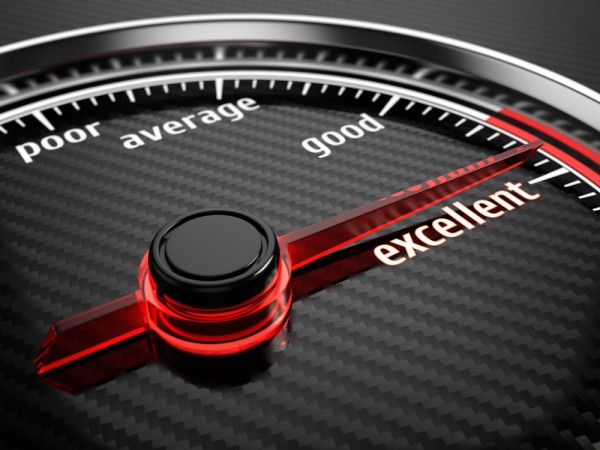
Having good credit, most would argue, is a pretty big deal. Credit scores are the gauge that lets lenders know the likelihood of borrowers defaulting on debt and can also be the difference between someone owing a lot of interest on a particularly high-ticket item, or just a little. They can also determine whether a student's future might involve owning a car or taking the bus, having someone co-sign a lease or to being able to sign independently, or maybe even one day owning a home. And because a majority of the country's classrooms are struggling to help students understand the nuances that come with calculating credit, it's super-important that TXGU'ers get the facts when it comes to this particular component of financial literacy and education.
Of course, teaching financial ed doesn't mean students need to learn about crazy-detailed concepts like collateralized debt obligations (yeah, we had to look that one up, too)—it's the day-to-day stuff that we can help TXGU'ers start to understand. Things like how to open a bank account, how to balance a checkbook, how to check credit scores (for when the time comes), and how much money they'd need to make in order to repay a loan without defaulting on payments really goes a long way toward students' financial literacy comprehension. And when GEAR UP kids have the opportunity to learn good habits early, they'll have the chance to develop more fiscally responsible habits (hello, high credit scores!) and save themselves time, money, and stress in the long run. So, what's a little extra credit here and there? For TXGU'ers, it can be everything.
